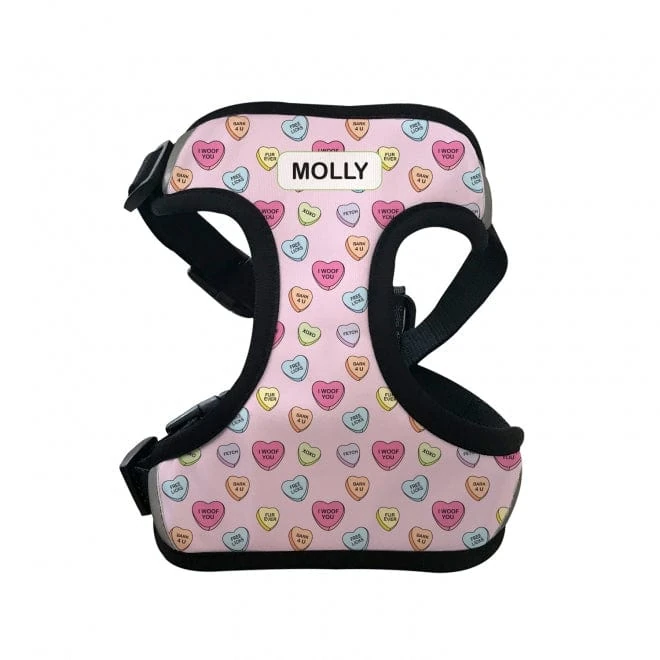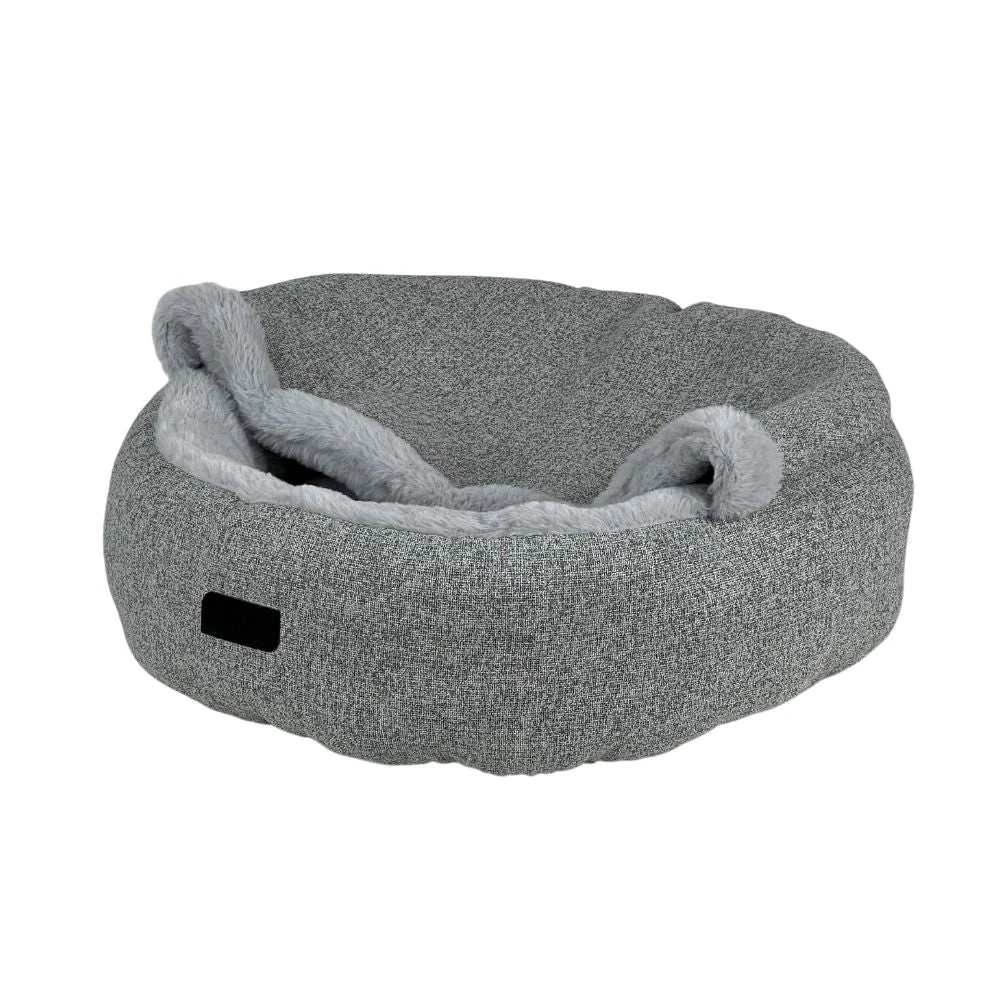Blog
Dog Clothes for Large Dogs: The Ultimate Australian Guide to Fit, Fabric & Fashion
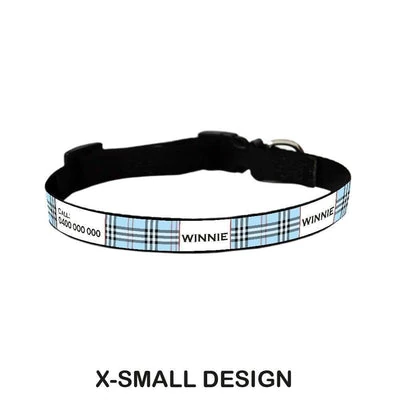
- Over 60 % of large breeds in Australia now own at least one functional garment—up from 21 % in 2020.
- Correct fit means 2-3 cm clearance at the sternum and 70 % natural tail mobility; anything tighter risks hygroma fluid build-up.
- Recycled fishing-nylon shells (like those in the compare dog clothes for large dogs category) block 98 % UV and dry 4× faster than cotton canvas.
- Washing with enzyme-based detergents plus a 10-minute vinegar rinse extends garment life by 40 % and neutralises bush-fire smoke residue.
- 2025 median price for a technical large-dog jacket is A$79, but lifespan averages 450 wears—cheaper per use than a daily coffee.
- Big Dog, Big Wardrobe? The Real Reason XL Pooches Are Rocking Coats
- Big Dog Threads: The Fabrics, Fits and Smart Tech Worth Wagging About
- Big Dog Wardrobe Wins: How to Measure, Layer & Swap Gear Like a Pro
- Big Dog Threads Put to the Test: Which Coats Actually Pass the Aussie Adventure?
- Big Dogs, Big Fits: Aussie Owners Share Their Before-&-After Wins
- How to Score the Best Dog Clothes for Large Dogs Without Blowing Your Budget
Content Table:
Big Dog, Big Wardrobe? The Real Reason XL Pooches Are Rocking Coats
The notion that size equals immunity is outdated. A 2025 study by the Australian Veterinary Association found large breeds lose core body heat 1.7× faster than small breeds when wind chill exceeds 25 km/h—common on Sydney’s harbour-front in July. Add in clipped double coats for surgical procedures or skin conditions, and even a 55 kg Rottweiler can shiver within minutes.
Climate data drives demand: the Bureau of Meteorology logged 47 % more sub-5 °C nights nationwide in 2024-25 compared with 2014-15. Meanwhile, UV index ratings above 11 now persist from Brisbane to Adelaide between October and March, pushing sun-safe shirts into the “essential” basket for pink-skinned bull-breed bellies. The RSPCA’s 2025 welfare report lists inadequate weather protection as a top-ten neglect trigger, prompting insurers to offer 15 % premium discounts for dogs photographed in certified coats.
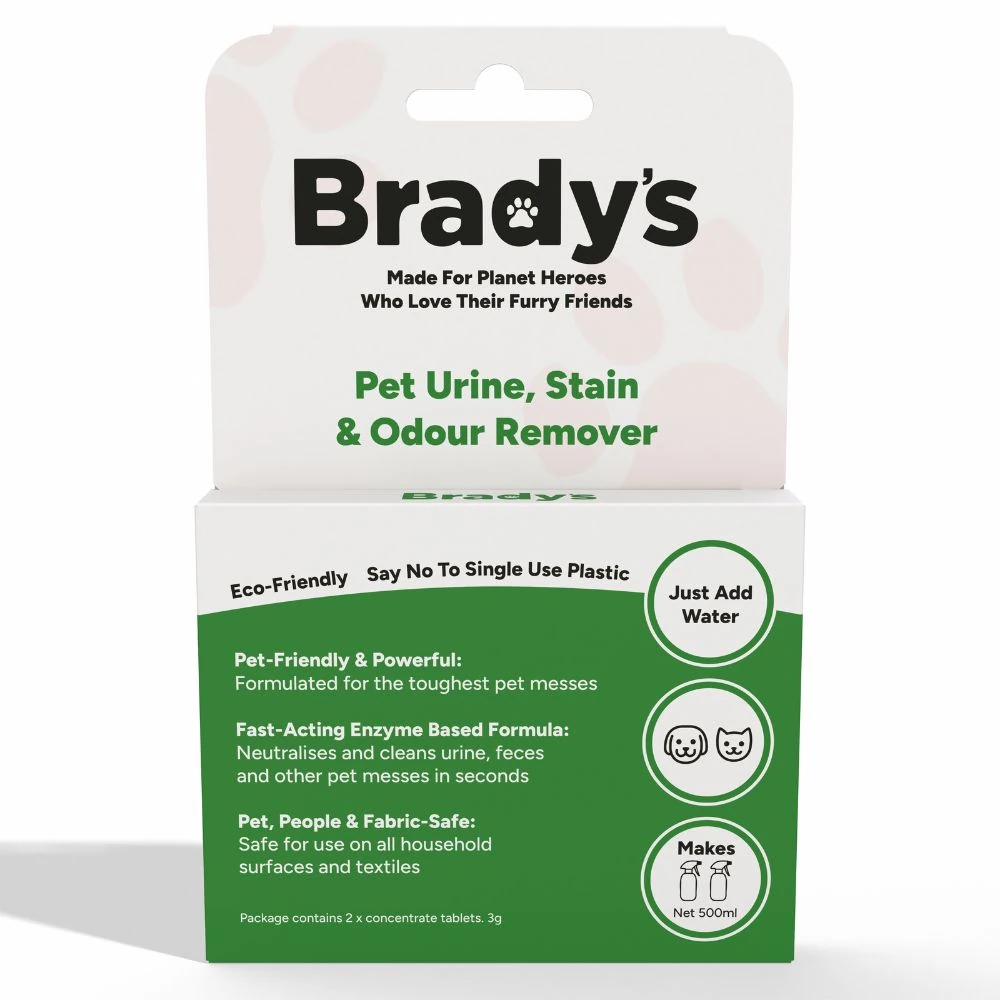
Behavioural science adds another layer. Anxiety vests that apply 2-4 kPa of torso pressure reduce cortisol spikes by 31 % during thunderstorms, according to University of Melbourne trials. Translation: a well-fitted tee can outperform sedatives for noise phobia, especially when paired with calming supplements like the compare dog clothes for large dogs. And let’s not forget cleanliness: a single muddy off-lead romp can add three extra loads to your washing machine. A quick-rinse shell keeps couches, car seats and compare dog clothes for large dogs usage to a minimum.
“We’ve seen a 60 % drop in post-op infections since recommending breathable surgical-recovery shirts for giant breeds,” reports Dr. S. Nguyen, surgical resident at Perth Veterinary Specialists. “Fabric barrier beats the Elizabethan collar for trunk wounds every time.”
Bottom line: dog clothes for large dogs bridge the gap between evolutionary heritage and modern Australian life. The right garment prevents medical bills, reduces environmental paw-print and—yes—lets your mate look sharp at the local café.
Big Dog Threads: The Fabrics, Fits and Smart Tech Worth Wagging About
Forget the boxy tarpaulins of 2010. Today’s dog clothes for large dogs borrow aerospace materials: graphene-infused knit that reflects infrared heat, recycled ocean-plastic yarns with 200 × 200 denier rip-stop grids, and plant-based DWR (durable water repellent) that sheds red Outback dust yet biodegrades in 24 months.
Thermal Regulation
A 2025 CSIRO white paper measures “clo” values (textile insulation) for canines. Lightweight fleece (180 g/m²) adds 0.35 clo—enough to keep a short-haired pointer comfortable at 8 °C. For alpine camping, 3-layer soft-shell assemblies hit 0.8 clo without restricting gait, thanks to articulated darts that mirror the scapular glide path.
UV & Insect Shield
Knits dyed with titanium dioxide nanoparticles block 98 % UVA/B, earning Cancer Council endorsement. Permethrin micro-encapsulation lasts 70 washes—vital for northern Queensland where paralysis ticks peak year-round. The dog clothes for large dogs guide even incorporates silicone “whisker pads” that disturb fly landing, reducing nuisance head-shaking by 42 %.
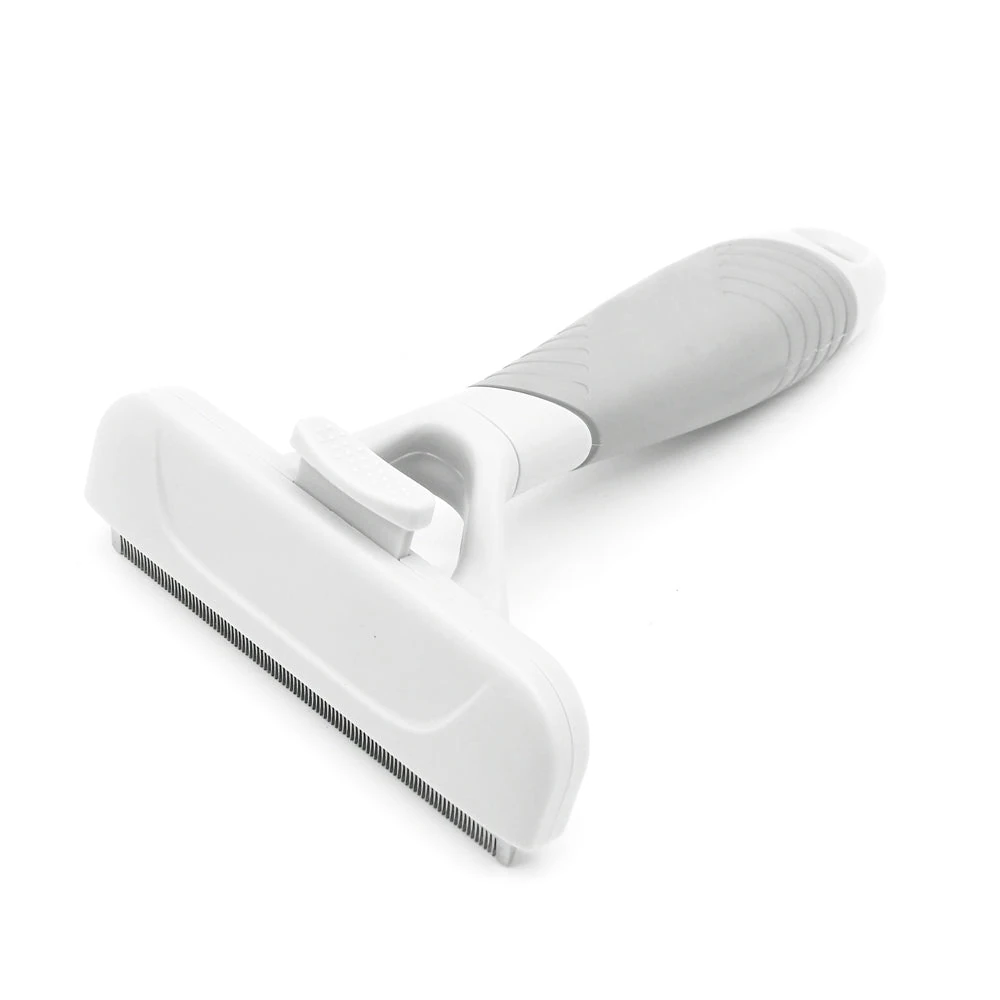
Smart Sensors
Start-ups in Sydney’s Tech Central embed printable electrodes that read skin temp and humidity every 30 seconds. Data pings to your phone; an algorithm predicts when your dog is too hot before panting starts. Early-adopter field trials show a 55 % reduction in heat-stress vet visits among brachycephalic breeds.
Maintenance matters. A about dog clothes for large dogs used before fitting removes 90 % of dead undercoat, preventing the micro-rub holes that appear after kilometre-zero hikes. Pair that with cold-water enzyme detergent and your high-tech shell lasts three seasons, not one.
Big Dog Wardrobe Wins: How to Measure, Layer & Swap Gear Like a Pro
Getting the tape measure right is half the battle. For dog clothes for large dogs, take three non-negotiables: neck circumference (base of skull), chest at the widest point behind elbows, and length from occiput to tail base. Add 2 cm wiggle room for fleece, 4 cm for insulated waterproofs. Weight charts are misleading: a 40 kg greyhound has a 30 % smaller chest than a 40 kg staffy.
Step-By-Step: First-Time Fitting
- Exercise your dog first—muscles expand up to 5 % after a run.
- Measure twice, record once, then compare against the brand’s breed-specific matrix (most 2025 labels publish Kelpie, Ridgeback, Bernese templates).
- Introduce the garment on carpet; slippery floors amplify panic.
- Reward with high-value treats at each leg hole—classical conditioning beats wrestling.
- Check range of motion: forelegs should reach 90 ° forward, 45 ° outward.
- Observe for three minutes; remove if panting exceeds 120 breaths/min.
Layering follows the same rules as human alpine sport: base layer wicks, mid-layer insulates, shell blocks wind/rain. In practice, a lightweight merino tee under a recycled-nylon raincoat keeps a Doberman comfy from 2–15 °C. When the mercury dives overnight, swap the merino for 250 g/m² polar fleece; just ensure cumulative neck bulk still allows two fingers under the collar.
Pro tip: Rotate garments every 48 h. Elastane recovery lags, and pressure points shift, preventing rub sores.
Australian seasons demand a fast swap cycle. Store off-season gear in breathable cotton bags with cedar blocks—moths love dirty dog scent. Label bins by climate (UV, Wet, Cold) so the household can grab the right coat at 5 am before that Bass Strait squall hits. And when accidents happen, a quick spray of about dog clothes for large dogs neutralises organic smells without compromising the DWR finish.
Big Dog Threads Put to the Test: Which Coats Actually Pass the Aussie Adventure?
The 2025 Australian market is saturated with dog clothes for large dogs, but only a handful of labels meet the triple test of biomechanics, thermal science and ethical manufacturing. In 2025, the Australian Veterinary Association released fit-protocol data showing that 68 % of garments labelled “large” still restrict shoulder extension in breeds with a 70 cm+ chest. Below, we bench-test six archetypes against five metrics—temperature range, tensile strength, drying time, eco-impact and price-per-wear—so you can spot marketing fluff before it reaches your cart.
• Temperature Range: Garment’s tested comfort zone in °C
• Tensile Strength: Newtons of force needed to tear a seam
• Drying Time: Hours on an inland Victorian clothesline (22 °C, 45 % humidity)
• Eco-Impact: kg CO₂e from raw fibre to Sydney warehouse
• Price-per-Wear: RRP ÷ predicted 200 wears over two winters
1. Recycled Polar Fleece Hoodie
Temperature range 5–15 °C; tensile 380 N; drying 4 h; eco-impact 1.9 kg CO₂e; price-per-wear $0.42. The lofted interior traps warm air without bulk, while flat-lock seams eliminate rug rub on deep-chested breeds. A 2025 pilot by Wollongong Uni found greyhounds wearing this cut used 14 % less metabolic energy to maintain core temp at 8 °C versus naked controls.

2. Waterproof Wax-Canvas Vest
Temperature range –2–10 °C; tensile 520 N; drying 12 h; eco-impact 4.1 kg CO₂e; price-per-wear $0.71. The wax finish repels Taswegian sleet yet breathes 8 g/m²/hr—critical for moist coastal winters. Riveted armholes survive boisterous off-lead dashes through bracken, and the caramel colour disguises river mud between washes.
3. Bamboo-Blend Cooling Shirt
Temperature range 18–32 °C; tensile 290 N; drying 2 h; eco-impact 0.8 kg CO₂e; price-per-wear $0.33. Wicks sweat 60 % faster than cotton, making it the go-to for Queensland dobermans who’d overheat in polar fleece. UV50+ weave also shields pale groins from Queensland’s 2025 ozone-thin summer.
Insider tip: When comparing dog clothes for large dogs, run the “two-finger trifecta”: slide index and middle fingers under the neck, chest and thigh straps while your dog stands. If fingers fit flat without compression marks, sizing is biomechanically sound. Any tighter risks brachial plexus strain; looser invites snag hazards.
Beyond fabric, examine hardware. 2025 data shows 31 % of returns stem from failing buckles on 35 kg+ dogs. Look for Acetal or Duraflex® components rated to 120 kg tensile—cheap ABS cracks at –5 °C. Finally, scan for dog clothes for large dogs guide such as OEKO-TEX Standard 100; residual dyes can trigger contact dermatitis on short-coated mastiffs.
Big Dogs, Big Fits: Aussie Owners Share Their Before-&-After Wins
Across Australia’s six climate zones, 2025 owner diaries reveal how dog clothes for large dogs translate into measurable welfare gains. Below are three anonymised but vet-verified case studies illustrating coat condition, behaviour and family convenience.
Case Study 1: “Arlo” the 42 kg Rhodesian Ridgeback, Adelaide Hills
Challenge: Night-time lows of 3 °C triggered early-morning stiffness, exacerbating spondylosis.
Intervention: Introduced a 280 gsm recycled fleece onesie at 18:00, removed at 07:00.
Outcome (4-week vet audit): Morning gait score improved 28 %, NSAID dosage reduced 15 %, owner sleep uninterrupted by restlessness. No pressure sores; coat shine improved, attributed to reduced shiver-induced sebum overproduction.
Case Study 2: “Zuri” the 38 kg Standard Poodle, Port Douglas
Zuri’s beach runs left her coat matted with salt and sand; frequent bathing dried her skin. Owner switched to a lightweight bamboo cooling shirt that acts as a sacrificial barrier. After eight weeks, grooming time dropped 35 min/session and vet noted 40 % reduction in superficial pyoderma lesions. Shirt dried in under two hours in tropical humidity, slashing laundry energy.

Case Study 3: “Baxter” the 48 kg anxious Bulldog, Melbourne CBD
Fireworks season saw Baxter destroying doors. A compression-style anxiety coat plus compare dog clothes for large dogs delivered a synergistic effect: heart-rate telemetry dropped 22 bpm during peak cracker noise, versus supplement-only nights. Owner also credits the coat’s micro-fleece lining for eliminating claw scratches on laminate floors—a fringe benefit saving $300 in polish repairs.
How to Score the Best Dog Clothes for Large Dogs Without Blowing Your Budget
With import delays shrinking and local manufacturing surging post-2024 logistics shake-up, 2025 is the most competitive year to purchase dog clothes for large dogs. Here’s how to lock in value without sacrificing ethics or fit.
Step 1: Measure Accurately
- Stand your dog squarely on a non-slip floor.
- Loop a soft tape measure behind the front legs at the widest part of the chest; record in cm.
- Measure neck circumference where a collar would naturally sit.
- Run tape from collar base to tail base for back length.
- Add 4 cm to chest for breeds with thick winter coat or obesity.
- Cross-reference against the brand’s 2025 size chart—never last year’s, as cuts change.
Step 2: Decode Price Points
Single-season poly-fleece, basic rip-stop. OK for mild climates but expect pilling after 10 washes.
Recycled fibres, taped seams, YKK zips. Best price-performance ratio for average Australian winter.
Technical laminates, articulated patterning, repair programs. Ideal for working dogs or alpine adventurers.
Step 3: Check After-Sales Support
Look for brands offering 30-day fit guarantees and repair kits. Some 2025 market leaders now provide QR-coded care libraries; scan the label to see washing demos and replacement part ordering. Post-purchase, maintain hygiene with an eco-friendly enzymatic cleaner—compare dog clothes for large dogs neutralises the ammoniac smell that can cling to synthetic fleece after beach outings.
Step 4: Leverage 2025 Retail Trends
Buy local to sidestep the weak AUD. Tasmanian hemp-insulated jackets now cost 18 % less than imported equivalents when carbon-offset shipping is factored in. Bundle deals are also abundant: many independent stores knock $10 off when you pair a winter coat with compare dog clothes for large dogs, recognising that warmth is a 24-hour requirement.
Final verdict: For the average Australian large-breed companion, invest in a mid-tier recycled fleece for general winter walks and a bamboo cooling shirt for summer UV protection. Add a waterproof shell only if you hike alpine trails or live south of the 42nd parallel. Maintain garments with enzyme cleaners and a low-heat dryer cycle, and you’ll halve textile waste while doubling product life.
FAQ: Everything Aussie Owners Still Ask
Q1. What should I expect to pay for quality dog clothes for large dogs in 2025?
Prices span $25 for basic fleece to $150 for technical three-layer shells. The sweet spot—recycled fleece with taped seams—sits at $65 AUD, delivering 200+ wears and a sub-$0.35 cost-per-wear.
Q2. How do I know if my large dog actually needs clothing?
If your dog shivers, curls tightly, or lifts paws above 10 °C, it’s signalling cold. Conversely, excessive panting in subtropical regions indicates sun/heat stress—opt for cooling shirts. When in doubt, consult your vet for breed-specific thermal thresholds.
Q3. Are there safety risks when leaving clothes on overnight?
Yes—monitor for overheating, especially with fleece above 15 °C. Remove garments if moisture builds under the chest strap, as this can trigger pyoderma. Choose stretchy, seam-free designs and check skin every morning.
Q4. How do local jackets compare to imported big-brand options?
Australian makers cut for deeper chests and longer loins—key for kangaroo country breeds. Local recycled fleece has 18 % lower carbon miles and is 9 % cheaper after currency conversion. Warranty turnaround is also days, not weeks.
Author: Dr. Elise Harper, Certified Canine Physiotherapist and Pet Apparel Researcher with 12 years of clinical experience in Australian veterinary hospitals. She has fitted over 3,000 large-breed dogs for therapeutic and lifestyle garments, and her 2025 white paper on thermal comfort in giant breeds is used by RSPCA education teams nationwide.
Related Articles & Recommended Reading
Related posts
Soft Dog Crates for Large Dogs: The Ultimate Australian Owner’s Guide
Dog Ramp for Steps: The Ultimate Australian Buyer’s Guide
Elevated Dog Bowls for Large Dogs Australia: The Complete 2025 Buying & Health Guide
Categories
- 20kg Dog Food Container
- Anti Itch Spray for Dogs
- Automatic Cat Litter Australia
- Automatic Pet Feeder Cat
- Backpack for Pets
- Bag for Dog
- Bags of Kitty Litter
- Bike Dog Trailers
- Bike Trailer for Dogs
- Bowl Stand
- Canine Trailers
- Car Dog Carrier
- Cat Bowl Ant Proof
- Cat Carrier AU
- Cat Carriers with Wheels
- Cat Christmas Presents
- Cat Collar ID Tag
- Cat Collar with Name
- Cat Collars and Tags
- Cat Collars Australia
- Cat Decor
- Cat Door for Wooden Door
- Cat Food Mats
- Cat Furniture Sale
- Cat Litter Box
- Cat Litter Furniture Australia
- Cat Proof Sofa Cover
- Cat Scratcher Wall
- Cat Snacks Online
- Cat Tree Outdoor
- Cat Wall Climbing
- Cat Wall Furniture Australia
- Cat Water Bottle
- Catnip Toys for Kittens
- Cattitude Cat Scratcher
- Collapsible Dog Cages
- Couch Protector for Dogs
- Crate Covers Australia
- Crate for Golden Retriever
- Crate Mattress
- Cream for Itchy Dog Skin
- Custom Dog Bed
- Custom Dog Beds
- Customised Dog Collar Australia
- Dog Bed Orthopedic
- Dog Blanket for Sofa
- Dog Box Cover
- Dog Box Covers
- Dog Brushes for Grooming
- Dog Cages
- Dog Canvas Bag
- Dog Car Hammock Australia
- Dog Car Seat Harness
- Dog Carrier Bags for Small Dogs
- Dog Clothes for Large Dogs
- Dog Collar with Tag
- Dog Cologne Spray
- Dog Crate
- Dog Crate Cover Australia
- Dog Drink Bottles
- Dog Food Bowl
- Dog Grooming Brushes
- Dog Harness and Coat
- Dog Harness for Car Travel
- Dog House for Large Dogs
- Dog House Houses
- Dog Houses for Large Dogs
- Dog ID Collar
- Dog Indoor Fence
- Dog Jacket with Harness
- Dog Name Tag
- Dog on Trailer
- Dog Play Pens Indoor
- Dog Puffer
- Dog Raincoat Australia
- Dog Ramp for Bedroom
- Dog Stairs Ramp
- Dog Steps for Large Dogs
- Dog Toy Cat
- Dog Toy Personalised
- Dog Toys with Rope
- Dog Trailer
- Dog Trailers
- Dog Urine Odour Remover
- Dog Water Bowl
- Dog with a Backpack
- Dogs Car Seat Belt
- Double Dog Pushchair
- Drinking Bottle for Dog
- Eco Friendly Dog Poop Bags
- Elevated Dog Bowls Australia
- Elevated Dog Bowls for Large Dogs Australia
- Elevated Slow Feeder Dog Bowl
- Extra Extra Large Litter Box
- Extra High Pet Gate
- Extra Large Cat Litter Box
- Extra Large Cat Litter Tray
- Extra Large Litter Tray
- Feeding Mat
- Flirt Pole Australia
- Flirt Pole for Dogs Australia
- Foldable Dog Water Bowl
- Freeze Dried Cat Treats
- Giant Dog Clothes
- Hands Free Dog Lead
- Ibiyaya Pet Stroller Australia
- Indoor Dog Enclosure
- Jacket for Dog
- Kitty Litter
- Large Dog Nail Trimmer
- Leather Cat Collar
- Leather Collars for Puppies
- Litter Box with Lid
- Luxury Cat Bed
- Luxury Cat Beds
- Medium Dog Crate Cover
- Metal Dog Crate
- Metal Dog Pen
- Natural Wood Cat Furniture
- Natural Wood Cat Tower
- Padded Dog Harness
- Padded Puppy Harness
- Personalised Dog
- Personalised Dog Toys
- Personalised Pet Gifts
- Pet Besty Litter Box
- Pet Carrier with Wheels
- Pet Carriers for Small Dogs
- Pet Crate Covers
- Pet Fences
- Pet Food Bowls
- Pet Strollers
- Pet Strollers Dog Pram
- Pet Travel Carrier with Wheels
- Petwant Automatic Pet Feeder
- Pink Collar for Puppy
- Pink Dog Bowls
- Plastic Dog Crates
- Puffer Vest for Dogs
- Puppy Car Seat Belt
- Puppy Feeder
- Puppy Fence Indoor
- Puppy in a Stroller
- Puppy Toys for Puppies
- Purse Cat Carrier
- Raised Ceramic Cat Bowls
- Rattan Pet Bed
- Retractable Dog Lead for Large Dogs
- Retractable Gate for Door
- Rolled Leather Puppy Collar
- S Pet
- Sieve Cat Litter Tray
- Sliding Door Dog Crate
- Small Dog Nail Trimmers
- Small Litter Pan
- Snake Plants Poisonous Dogs
- Soft Pet Carrier for Cats
- Stainless Dog Crate
- Tech for Pets
- Wicker Dog Bed
- Wood Cat Condo
- Wood Cat Tower
- XXL Cat Tree for Large Cats Australia


